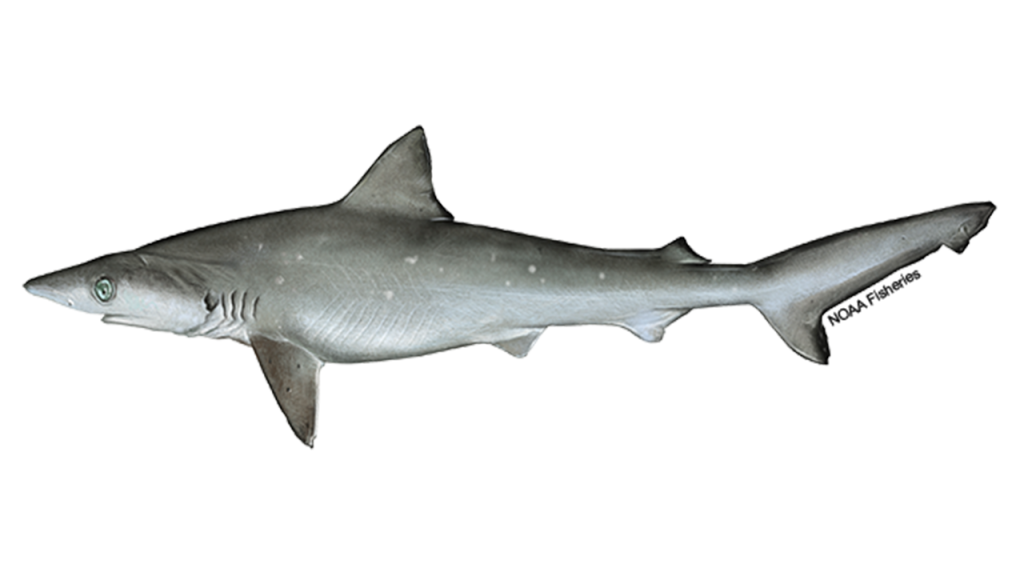A recent scientific study conducted by the Oswaldo Cruz Foundation has found that sharks off the coast of Brazil have tested positive for cocaine. Thirteen Brazilian sharpnose sharks were tested, with all of them testing positive for the drug and 12 of them also testing positive for benzoylecgonine, the primary metabolite of cocaine. This is the first study to discover cocaine in free-ranging sharks, highlighting the potential impacts of illicit drugs in marine environments. The researchers noted that there is a lack of studies focusing on wild fish, indicating that this area of research is limited.
The highest concentrations of cocaine were found in the muscle tissue of the sharks, with some also being present in their livers at levels up to 100 times higher than in other marine animals. Researchers believe that the sharks may be ingesting cocaine from illegal drug labs in the area. However, the effects of the drug on the sharks and the fetuses of pregnant females who tested positive are not yet clear. This discovery raises questions about the impact of drug pollution on marine life and calls for further research in this area to understand the full extent of the issue.
In a separate study conducted last year off the coast of Florida, scientists attempted to study the effects of cocaine on sharks. Marine biologist Tom “The Blowfish” Hird described how sharks interacted with drugs that had been dropped by smugglers in the ocean. He noted that sharks, upon encountering the drugs, often bit into them with their mouths, suggesting that the probability of exposure is quite high. Despite this, the researchers did not observe an increase in aggressive behavior in the sharks, although they did appear to be on high alert and in hunting mode.
During the experiments, the researchers did not actually feed cocaine to the sharks. Instead, they used highly concentrated fish powder to give the sharks a similar high to cocaine in an ethical manner. Hird suggested that if cocaine had a hyperactive effect on sharks, it might make them more skittish and sensitive to stimuli, potentially driving them away from human activity in the water. He also emphasized that sharks are more of a danger to themselves than to humans, indicating that their behavior may be affected by the presence of drugs, but not in a way that poses a significant threat to people.
Overall, the findings of these studies shed light on the presence of cocaine in sharks and raise questions about the potential impacts of illicit drugs on marine ecosystems. The researchers urge further investigation into the effects of drug pollution on marine life to better understand the long-term consequences. By utilizing ethical research methods, scientists are able to study the effects of drugs on sharks and gain insight into how these substances might affect the behavior and health of these animals. The discovery of cocaine in sharks underscores the need for continued monitoring of marine environments and the importance of addressing the issue of drug pollution to protect vulnerable species.













